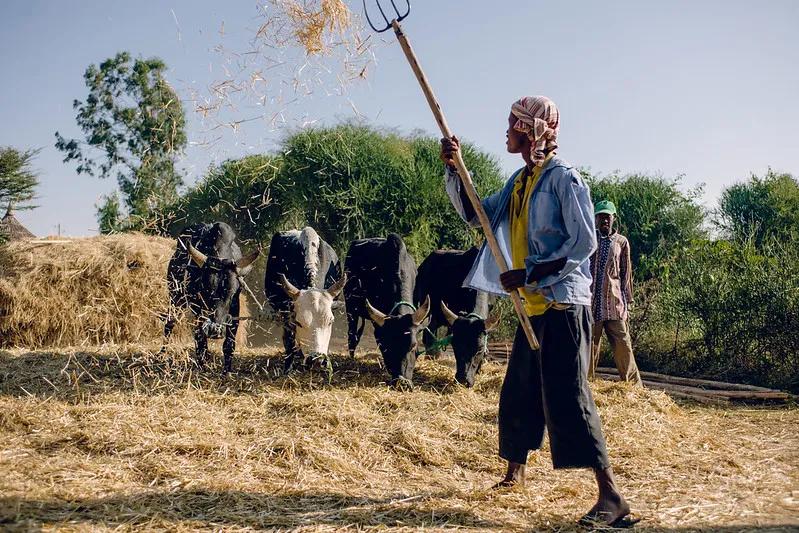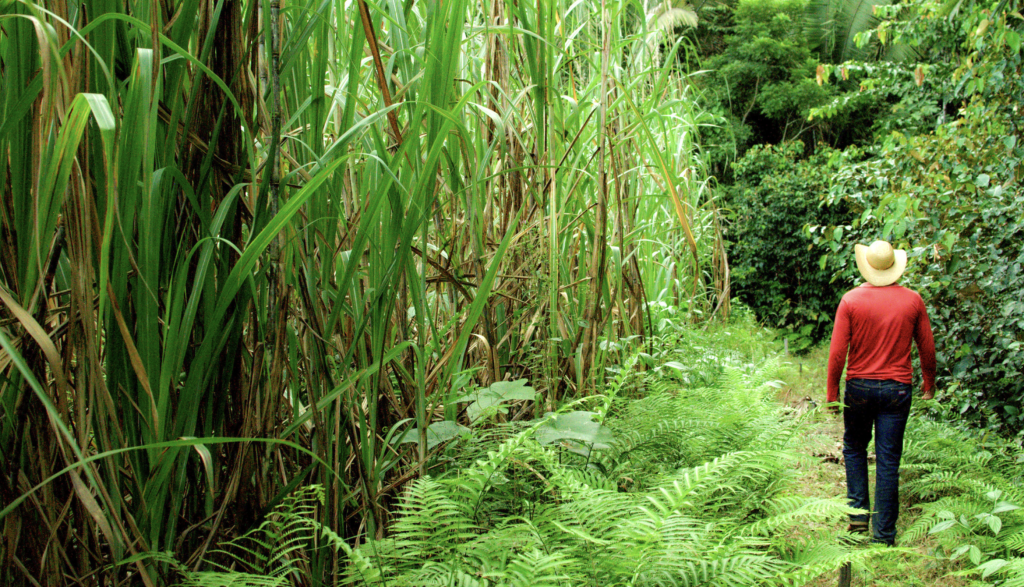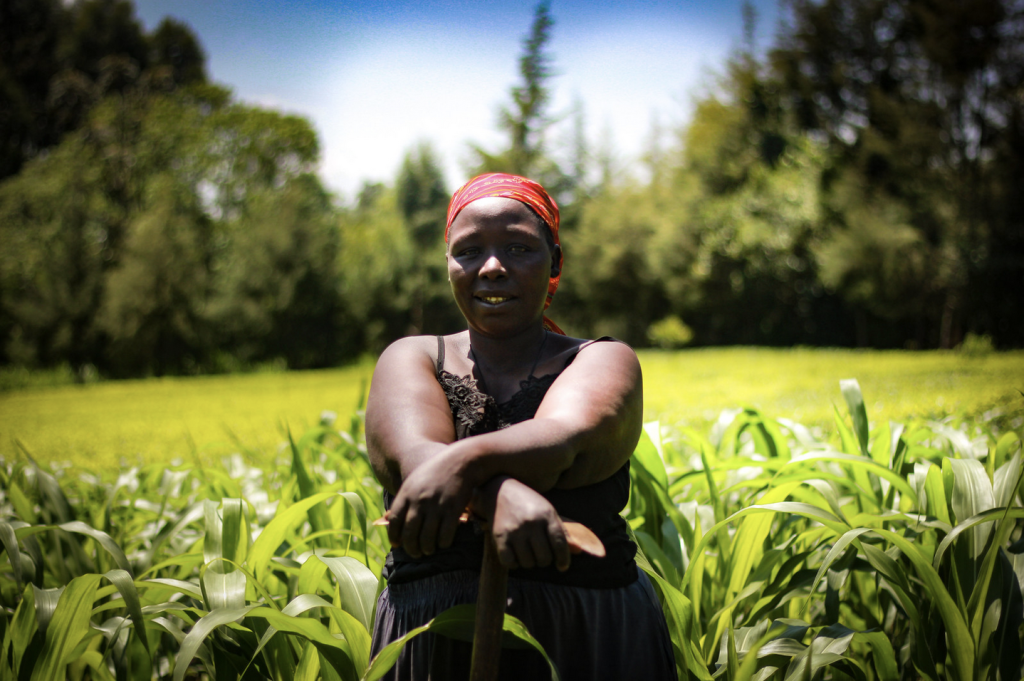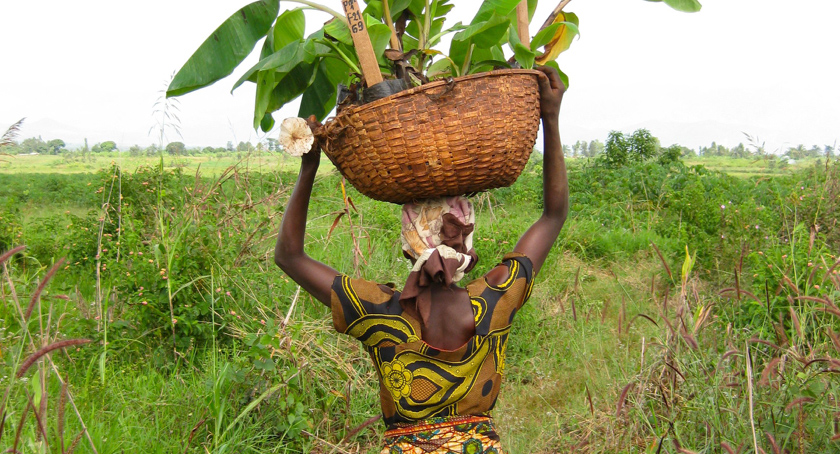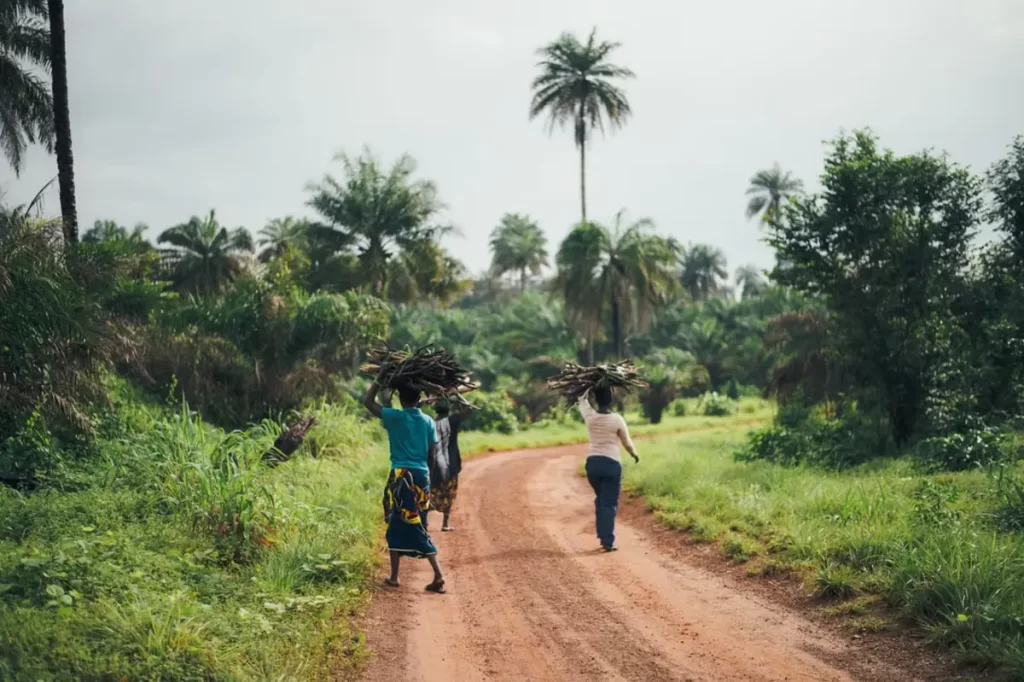BRCiS is committed to meaningfully address the many and diverse obstacles to local food system resilience in Somalia – OASIS will adopt the logic of the intervention that:
IF agro-producers and agro-business service providers in target locations increase their production capacity (SO1) AND communities increase their use of context-specific environmental management practices (i.e., climate-responsive and regenerative) (SO2) AND food insecure Somalis increase their consumption of/demand for locally produced foods (SO3) THEN sustainable food production and local food system resilience in Somalia will be enhanced (Impact).
This theory of change challenges the assumptions of traditional agriculture and food production programming through a resilience lens. Improved production capacity alone will have little effect on Somali communities’ resilience to future shocks and stresses if that food is not consumed, nor can improved production and consumption be considered sustainable if they are based on practices that continue to damage or extract communities’ natural resources. One of OASIS’s key assumptions is that target groups will modify their behaviors when presented with information, evidence, and incentives that promote sustainable outcomes even when this requires a longer-term vision (i.e., thinking more than one harvest ahead). To that end, BRCiS has partnered with ICRAF – a global leader in climate-responsive and regenerative agricultural practices in the Horn of Africa – on the development of the OASIS Learning Agenda.
Project scope and aim

The objective of the OASIS project is to address the many and diverse obstacles to local food system resilience of the marginalized vulnerable communities in disaster-prone, rural by enhancing their access to sustainable food production and food systems resilience in Somalia.
This objective will be achieved through a set of multi-sectoral outputs, aligned around the following outcomes:
- Outcome 1: Agro producers (crop and livestock farmers) in target locations increased their production capacity
- Outcome 2: Supported communities by increasing their use of context specific environmental management practices (i.e., climate-responsive, and regenerative)
- Outcome 3: Food insecure household increase their consumption of nutritious, locally produced, food
Modality
BRCiS has partnered with ICRAF – a global leader in climate-responsive and regenerative agricultural practices in the Horn of Africa – on the development of the OASIS Learning Agenda. Through this learning approach – which is mainstreamed across specific objectives – OASIS will activate additional technical expertise from ICRAF that is not widely available amongst BRCiS members, local private institutions, and the government.
For ICRAF, project implementation will be handled by a project-specific principal investigator who brokers, distills, and makes accessible, evidence-based advice and technologies to OASIS consortium members. ICRAF will also liaise with research scientist specialists covering soil and rangeland health, remote sensing, nutrition, public health, value chain, and market system development.
Timeframe
This is a multi-year project that will run from 1st October 2023 until 30th September 2025: Building Resilient Communities in Somalia: Operationalising Agro-Sustainability in Somalia (BRCiS: OASIS)
Key members and partners
Building Resilient Communities in Somalia (BRCiS) Consortium:
- Norwegian Refugee Council
- Concern Worldwide
- International Rescue Committee
- Save the Children
Funding partners:
- The European Union




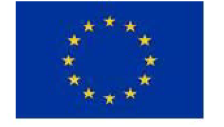
Related resources
- BRCiS: Building Resilient Communities in Somalia Phase 2 Report
- LDSF framework
- Somalia drought response and famine prevention report
Location
Somalia
Key contacts
Michael Hauser, Senior Associate (m.hauser@cifor-icraf.org)

